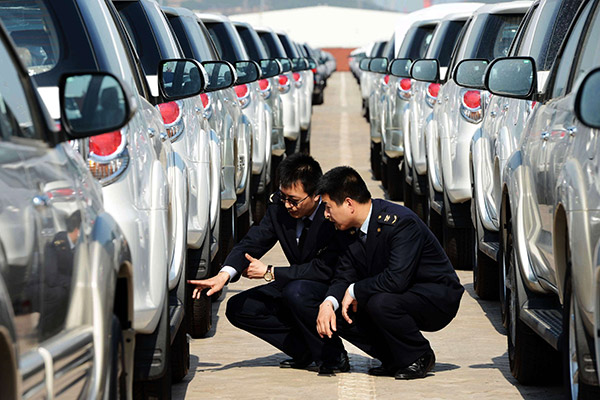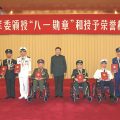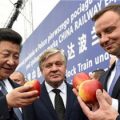
Premier says that globalization is key to world peace
China takes an open attitude toward regional free trade arrangements that concern it and where the conditions are in place, Premier Li Keqiang said on Wednesday.
Li said China has no intention of exceeding its duties and entering arrangements in which its due role is not recognized.
The premier made the remarks when asked whether China is filling the United States’ place to lead the Trans-Pacific Partnership, and his opinion about the current global trade map at a news conference after the close of the annual session of the National People’s Congress in Beijing.
“China has been focusing on the Regional Comprehensive Economic Partnership and other free trade deals with countries and regional organizations including the Gulf Cooperation Council and Israel,” said Jiang Shan, a researcher at the Beijing-based Center for China and Globalization.
Jiang said that even though a number of trade deals such as the TPP, the RCEP, and the Free Trade Area of the Asia-Pacific are being discussed, they must be aware that if one is too idealistic or radical, if the standards are too high or the pace is too fast, the result may not necessarily live up to expectations, and may turn out to be just the opposite.
“The issue is how China views the nature of the TPP and other deals. We can also list a long string of alternatives such as the World Trade Organization, the China-Japan-South Korea Free Trade Agreement and the China-US Bilateral Investment Treaty,” said Zhang Wenkui, a researcher at the Development Research Center of the State Council.
Under such circumstances, Premier Li stressed that the Chinese people understand the country should seize the opportunities of globalization through opening-up, no matter what the challenges are.
All countries have benefited from globalization, though there have been some problems in the process, Li said.
“China is willing to work with other countries to improve the global governance system,” he added.
Globalization is inseparable to peace, development and cooperation, he said, adding that closing the door and adopting beggar-thy-neighbor policies will solve no problems.
Li said China does not want to see a trade war between China and the United States because that will result in no benefits to bilateral trade.
He also urged the European Union to ease its high-tech export restrictions on China, concerning the bloc’s trade deficit with China.
“China has no intention of pursuing a trade surplus. In fact, China prefers a trade balance, otherwise it won’t be sustainable,” Li said, pointing out that European companies are situated at the higher end of the industrial value chain and already making a lot of money on the Chinese market.
China looks forward to a positive response from the EU on the ongoing Bilateral Investment Treaty negotiations, the premier said, adding that even without a BIT for the moment, China will further open its market to European companies and treat them the same as domestic ones.
A high-standard BIT between China and the EU will aid bilateral opening-up, said Li.


